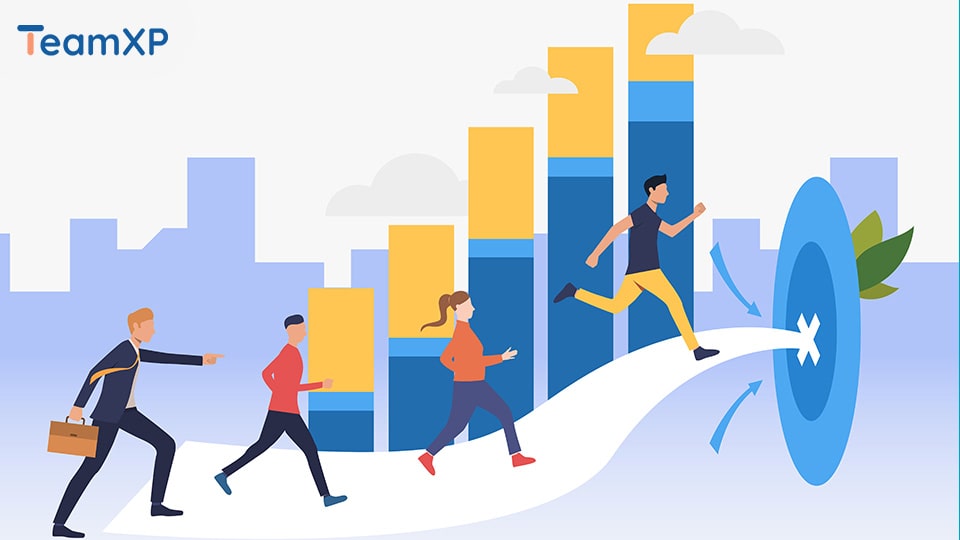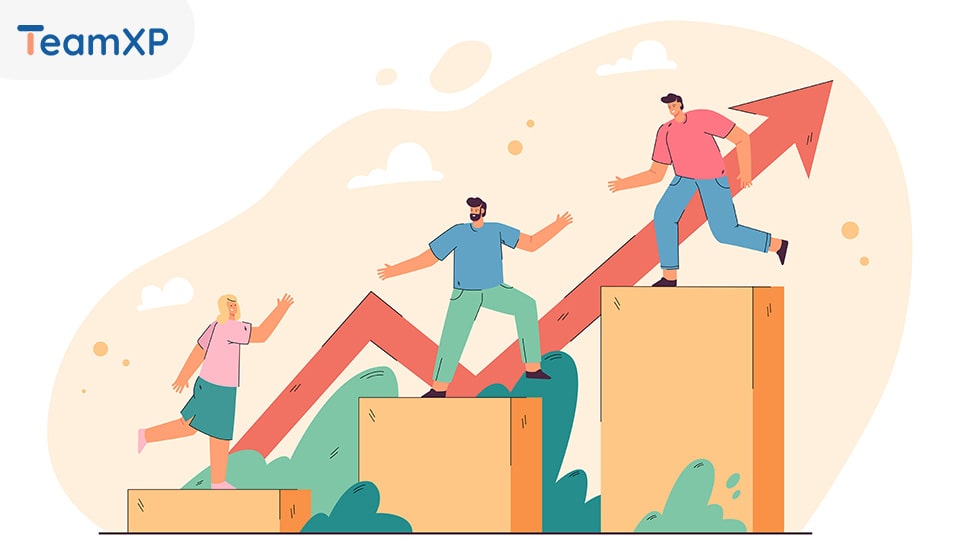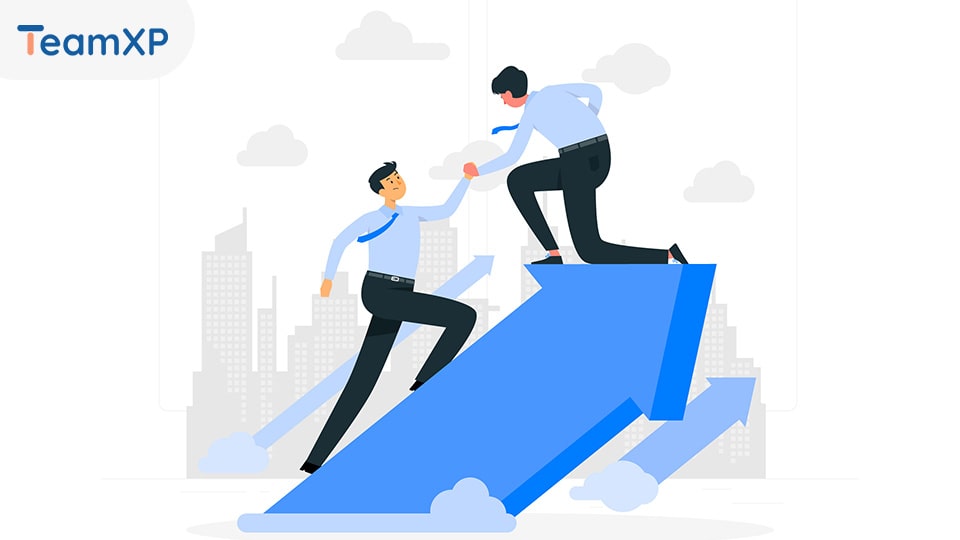In today’s competitive business landscape, organizations are recognizing the importance of investing in their employees’ personal growth. When employees are given opportunities to develop and enhance their skills, it not only benefits them individually but also contributes to the overall success of the organization. By prioritizing personal development, organizations can cultivate a motivated and engaged workforce. In this article, we will explore strategies for employee growth with a focus on autonomy, mastery, and purpose.
Autonomy
Autonomy is a powerful catalyst for personal growth. When employees are given the freedom to make decisions and take ownership of their work, they feel empowered and motivated to excel. Encouraging autonomy can be achieved by providing employees with opportunities to set their own goals and make decisions that impact their work. Managers can delegate authority, allowing employees to explore new approaches and learn from their experiences. This sense of autonomy fosters personal growth by instilling a sense of accountability and self-confidence in employees.
Mastery
Mastery is another key element of personal development in the workplace. When employees have the opportunity to master their skills and expertise, they become more valuable assets to the organization. To facilitate mastery, organizations can offer training programs, workshops, or mentorship opportunities that enable employees to enhance their knowledge and abilities. Providing access to resources, such as online courses or professional development programs, allows employees to continuously learn and grow. By investing in mastery, organizations create a culture of continuous improvement, where employees strive for excellence and personal growth becomes a shared goal.
Purpose
Purpose is a fundamental aspect of personal growth that goes beyond monetary rewards. Employees seek meaningful work that aligns with their values and contributes to a larger purpose. Organizations can support personal development by helping employees connect their work to a sense of purpose. This can be achieved by clearly communicating the organization’s mission and values, highlighting how each employee’s role contributes to the bigger picture. Encouraging employees to engage in projects or initiatives that have a positive impact on society or the community can also foster a sense of purpose. When employees feel their work has meaning, their motivation and commitment increase, leading to personal growth and fulfillment.
Other Strategies
In addition to autonomy, mastery, and purpose, there are other strategies that organizations can employ to invest in employee growth. Regular performance feedback and coaching sessions provide employees with constructive insights and guidance, helping them identify areas for improvement and development. Mentoring programs can also be implemented, where experienced employees guide and support the growth of their less-experienced counterparts. Creating cross-functional opportunities or job rotations allows employees to expand their skills and gain exposure to different areas of the organization, broadening their knowledge and perspective.
Furthermore, organizations can promote a culture of learning by celebrating failures as opportunities for growth and encouraging employees to embrace challenges. By providing a safe and supportive environment, employees are more likely to take risks and pursue new avenues for personal development. Recognition and rewards for employees who actively engage in personal growth initiatives can also serve as motivation and reinforce the organization’s commitment to investing in employee development.
In conclusion, investing in employee growth is a strategic decision that benefits both individuals and organizations. By focusing on autonomy, mastery, and purpose, organizations can create an environment that fosters personal development and cultivates a motivated and engaged workforce. Empowering employees to make decisions, supporting their pursuit of mastery, and connecting their work to a larger purpose are essential elements of investing in personal growth. By implementing these strategies, organizations can unlock the potential of their employees, leading to improved performance, innovation, and long-term success.





